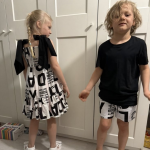Enhancing Motor Activity in Autism
Developing motor skills is one of the primary goals in treating many children with autism spectrum disorders. These children often struggle with basic movements like walking or climbing stairs — not to mention running or jumping. They may take a long time to learn how to button a shirt, brush their teeth, or hold a pencil correctly. These difficulties significantly impact their quality of life, making it crucial to address them from the very start of therapy.
The Impact of Physical Therapy
Physical therapy plays a central role in supporting children with autism by:
- Improving motor skills
- Strengthening muscles
- Promoting correct posture
- Helping maintain balance
The overall aim is to establish full muscle control, allowing children to move more freely and engage in play with others.
Equally important is addressing physical symptoms like poor limb coordination. Enhancing this coordination helps children overcome difficulties in activities like jumping, catching, or throwing a ball — and these types of exercises not only boost physical development but also improve social interaction and interest in group play.
The Role of the Physical Therapist in Autism
The therapist’s first priority is to conduct a comprehensive assessment of the child’s functional abilities and development. This helps define individual needs and select the most effective strategies. Common goals of therapy include:
- Developing correct sitting and standing posture
- Increasing muscle strength for better movement
- Encouraging independence
- Teaching body awareness in motion
- Refining motor skills
- Boosting cardiovascular endurance
- Improving sensory processing and attention
Therapeutic exercises are also important because they trigger the release of endorphins, or “happiness hormones,” which elevate mood. Physical fatigue promotes better sleep, and regular activity improves balance, coordination, and overall health. In short, these exercises support emotional well-being and increase the ability to concentrate. Some behavioral symptoms typical of autism may also become less pronounced.
Limitations of Physical Therapy — and a Breakthrough Solution
It’s important to note that physical therapy does not cure autism. It serves as a supportive tool, and in many cases, it’s not just helpful but necessary. However, its effectiveness can be significantly increased when combined with more advanced treatments — the most promising of which is cellular therapy.
Cellular Therapy: A Modern, Natural Method
This innovative and safe method uses the body’s own regenerative potential through the transplantation of stem cells — basic cells capable of transforming into specialized types that make up all body tissues.
The stem cells are taken from the patient, eliminating the risk of rejection. Once reintroduced, they become brain cells and replace the damaged ones, restoring normal brain and nervous system function. Positive results often become visible shortly after the procedure and can last for years — or even a lifetime. This long-lasting effect makes other autism therapies significantly more effective.
Although relatively new, cellular therapy has already proven its reliability in practice. It is recognized as a promising primary method of treatment and is currently used in leading clinics around the world — though such centers are still limited in number.
Among them is the Mardaleishvili Medical Center, which has extensive experience in applying this therapy successfully. Treatments are performed by highly qualified doctors, trained specialists engaged in scientific work, and equipped with the latest medical technology — ensuring the best possible therapeutic outcome. The center meets international healthcare standards while offering lower costs than in many developed countries.
Additionally, patients benefit from comprehensive support in planning travel, arranging accommodations, and handling other logistical matters.
Cellular therapy is the most effective way to improve motor skills and physical activity in autism!
Autism Treatment Center Videos
Autism treatment with own stem cells
Cord blood association congress
International Quality Crown
Autism Treatment Reviews
Autism treatment with own stem cells
The story of Alessandro (6 years old)
Autism Patient Testimonial - Stem Cell Treatment
Clients Testimonials
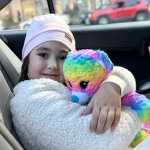
Lidiya — Elina’s mother Read More
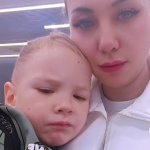
Anna – Sasha’s mother Read More

Amirkhon’s father — Tokhir Read More
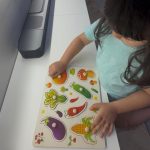
Dilana’s mother Read More
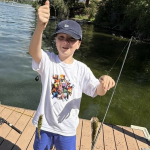
Irina and Stefan – Ilya’s parents Read More
